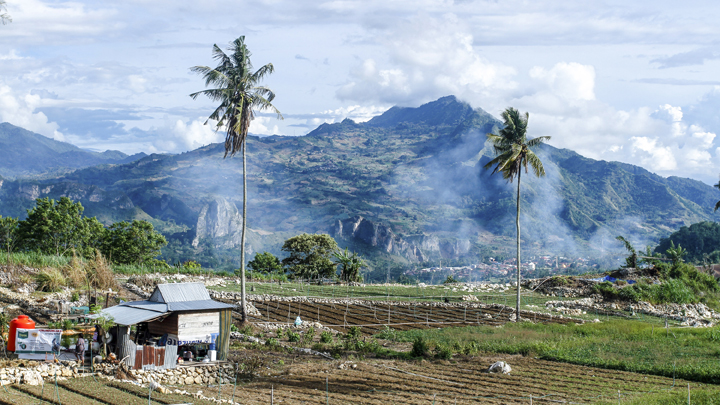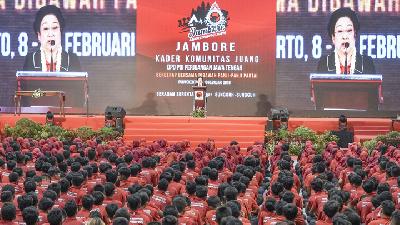Forest for the Community
Tuesday, February 26, 2019
arsip tempo : 171411620678.

PIETER Kadang, 71, repeatedly inspected the forest to make sure that the white buckets filled with pine sap—owned by Adi Mitra Pinus Utama—found throughout the Marena Forest in the Enrekang Regency, South Sulawesi, were undisturbed. According to the Marena customary leader, his people would never upset the company’s pine sap harvesting. “If there is theft, customary law will be implemented,” said Pieter not long ago.
...
Subscribe to continue reading.
We craft news with stories.
 For the benefits of subscribing to Digital Tempo, See More
For the benefits of subscribing to Digital Tempo, See More











